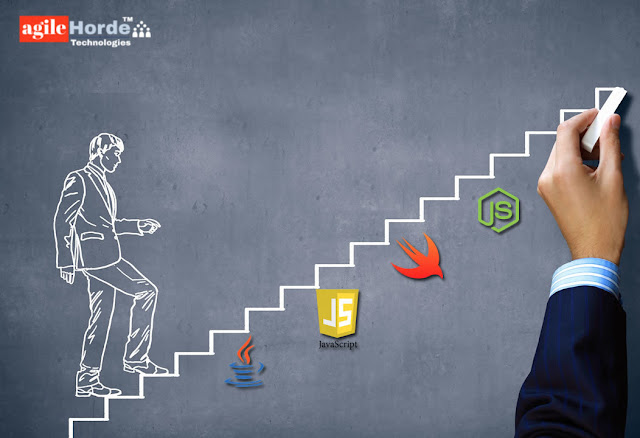Roadmap to become a successful programmer
Programmers write, improve, test and debug software systems, applications and websites designed by developers and software engineers on daily basis. Increasing demand for mobile apps and cybersecurity has created need for more coders. Here's the blueprint to master programming skills .
1. Practicewriting code
Writing programs and solving problem posted on GitHub and other developer forums can help you perfect your coding skills. Get into a habit of posting your projects on Github, GitLab and Bitbucket. It's helpful to know which programming field you want to start with.
Programming is a dynamic field, which keeps evolving. New languages emerge while older languages evolve. Some are no longer used as widely as before. You need to select the mode of learning the suits you best. Apart from formalcomputer science and related degree, you can consider taking certification courses , online classes, and free open source projects.
2. Learn by doing
It is possible to teach yourself how to code without following any formal method of learning. Good programming books constitute a helpful guide to coding and the profession. There are comprehensive books that include an in-depth introduction to programming. Code reference books are useful for looking up syntax and conventions of programming languages.
There are plenty of programming languages that you can choose from. There are both free and fee-based options. Interactive tutorials will equip you with skills to start coding. You can also particulate in online coding challenges and work on real-time projects.
3. Certifications
Certifications supplement learning in many ways. Most employers are likely to hire certified coders over those with just formal education in programming. E-learning platforms such as Udemy, Udacity, Coursera are full of online certification programs. Even Microsoft's MCDS certification is designed for programmers and developers working on Microsoft development environment.
The Roadmap
To succeed as a programmer, you need to follow five simple steps:
1. Choose the right language and learning resources.
2. Download a code editor and IDE that you can use for writing code.
3. Create a GitHub account and upload your projects.
4. Test the code created by others and contribute to it.
5. Join online forums and communities to learn from experienced developers and connect with peer network
Thank you for reading the blog!
Please connect us today!
1. Practice
Writing programs and solving problem posted on GitHub and other developer forums can help you perfect your coding skills. Get into a habit of posting your projects on Github, GitLab and Bitbucket. It's helpful to know which programming field you want to start with.
Programming is a dynamic field, which keeps evolving. New languages emerge while older languages evolve. Some are no longer used as widely as before. You need to select the mode of learning the suits you best. Apart from formal
2. Learn by doing
It is possible to teach yourself how to code without following any formal method of learning. Good programming books constitute a helpful guide to coding and the profession. There are comprehensive books that include an in-depth introduction to programming. Code reference books are useful for looking up syntax and conventions of programming languages.
There are plenty of programming languages that you can choose from. There are both free and fee-based options. Interactive tutorials will equip you with skills to start coding. You can also particulate in online coding challenges and work on real-time projects.
3. Certifications
Certifications supplement learning in many ways. Most employers are likely to hire certified coders over those with just formal education in programming. E-learning platforms such as Udemy, Udacity, Coursera are full of online certification programs. Even Microsoft's MCDS certification is designed for programmers and developers working on Microsoft development environment.
The Roadmap
To succeed as a programmer, you need to follow five simple steps:
1. Choose the right language and learning resources.
2. Download a code editor and IDE that you can use for writing code.
3. Create a GitHub account and upload your projects.
4. Test the code created by others and contribute to it.
5. Join online forums and communities to learn from experienced developers and connect with peer network
Thank you for reading the blog!
Please connect us today!




Comments
Post a Comment